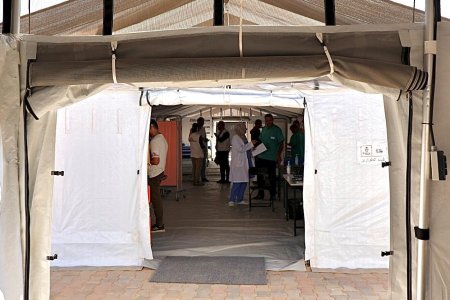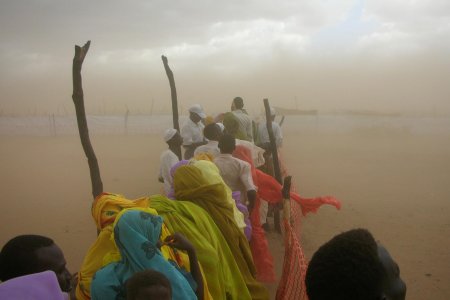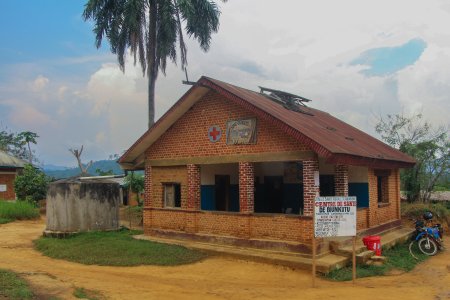 Nour Alsaqqa
News in brief
Nour Alsaqqa
News in brief
Humanitarian actors and practices
 Nour Alsaqqa
News in brief
Nour Alsaqqa
News in brief
 Voitek Asztabski
Speaking Out Case Studies
Voitek Asztabski
Speaking Out Case Studies
MSF and Darfur 2003-2009
09/01/2024The “MSF and Darfur 2003-2009” case study describes the constraints, questions and dilemmas faced by MSF with regards to speaking out about extreme violence, massive displacements and terrible survival conditions endured by the population in the Darfur region, Sudan, between 2003 and 2009.
 Podcast
Podcast
Afghanistan: protecting our female staff
03/12/2025Since the return to power of the Taliban in August 2021, the Islamic Emirate of Afghanistan (IEA) has introduced a whole series of measures drastically limiting women's rights, their freedom of movement, their access to work and education as well as their participation in political life. How has Médecins Sans Frontières reacted to these measures, which openly contradict its commitment to combating gender inequality in access to healthcare as well as in its own internal management?
 MSF
Analysis
MSF
Analysis
How not to mistake the enemy? Two critiques of humanitarian action
03/21/2025The Trump administration’s attacks on the United States Agency for International Development (USAID) since 20 January 2025 have revealed the anti-humanitarian ideology of the far right ‒ that is, the view that foreign aid is a betrayal of national interests and values. In this article, Joël Glasman discusses two historical critiques of humanitarianism: the far-right (reactionary) critique, and the progressive critique shared by a number of traditions (Marxist, socialist, feminist, Pan-Africanist, and anti-colonialist). The author stresses the importance of clearly distinguishing between these two types of critique despite the current blurring of the line between politics and the media (welcomed by reactionary critique supporters), and shows that they are polar opposites when it comes to human dignity and the equality it implies.
 Podcast
Podcast
Knowing how to give up. Sierra Leone 1999: in the clutches of the RUF
01/15/2025For the moment, this podcast is only available in French.
